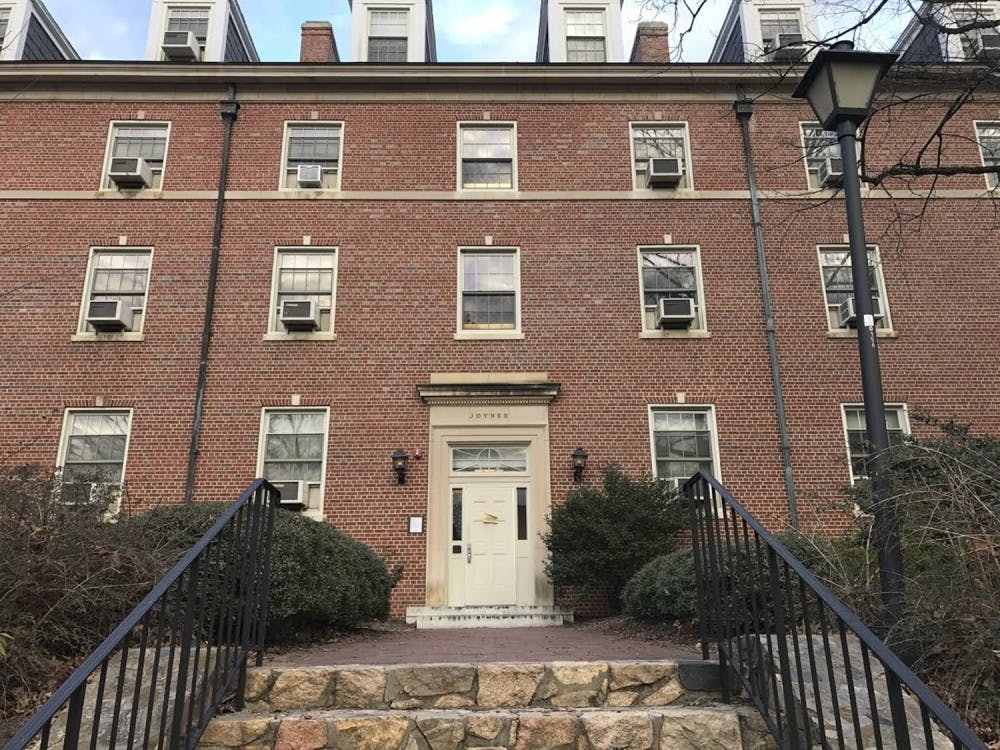Most students have experience with the nightmare that is housing in Chapel Hill. Rent is high, landlords can be predatory, and spots fill up fast. But the problem impacts everyone in Chapel Hill. Housing is a huge town issue, and the University should be working in concert with the town to improve housing outcomes for every resident of Chapel Hill, town or gown.
Chapel Hill is a desirable place to live, both for students and for community members. And having nice houses and apartment complexes can attract young people to settle down in the area, bringing in tax revenue. But largely thanks to the University, Orange County has access to jobs and opportunity, not all of which pays well enough to afford high-end apartments. So the town has to cater to people wanting luxury and those wanting affordability.
Balancing the need for luxury and affordable housing is hard enough, but Chapel Hill also has thousands of students competing with working class families for cheap housing options. In context, it is no wonder the area has challenges finding housing for everyone.
Often the blame for housing gets put on students or the University, but housing is a system that needs to be seen in all its parts. Yet, students and university officials, are the best people to fund creative solutions.
It is possible that the university could have a bigger role in housing students. Currently, only first-year students, with some exceptions, are required to live on campus. The University could make all students live on campus for two or more years. By many arguments, this is an extreme measure to take. Forcing students to live in a certain area is something to be skeptical of, but it is certainly an option worth exploring and one that may be needed simply out of necessity.
On-campus housing will almost always have better locations, and if the current housing model could be reformed, dorms should not be a hard sell to potential students.
Making housing more competitive looks like better kitchens, more access to private spaces and reconsidering how drinking is policed in residence halls. While there is only so much the university can legally or economically do to make housing appealing, we believe that we have the capabilities to provide much more competitive campus housing.
But it must be noted, a policy change without any change to dorm life would not go over well. As it stands, off-campus housing can be cheaper and more private and have nicer amenities. On-campus housing needs to be more robust in order to be competitive. It won’t be easy competing with off-campus housing, but it can be done.
On-campus housing is getting better, and those efforts should not go unnoticed. Still, problems persist. While the city certainly has its role in solving housing issues, the university is in the best spot to come up with creative solutions to these long-term problems.




